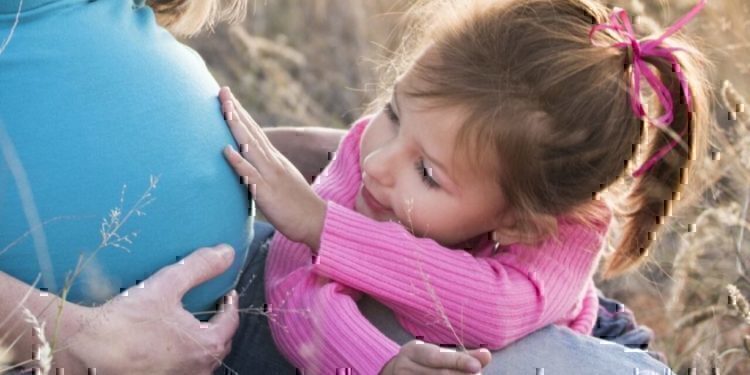PREGNANT WOMEN (https://www.cdc.gov/coronavirus/2019-ncov/specific-groups/pregnancy-faq.html)
24. Are pregnant women more likely to get infected or at greater risk for severe illness or death?
Pregnant women experience changes in their bodies due to pregnancy. This may make them more likely to get viral respiratory infections, including COVID-19. Pregnant women should avoid people who are sick. They should avoid infection by washing hands often, cleaning food preparation areas and frequently touched surfaces (tables, doorknobs, light switches, handles, desks, toilets, faucets, sinks & cell phones).
25. Are pregnant women with COVID-19 at greater risk for pregnancy loss, including miscarriage and stillbirth?
We don’t have information on adverse pregnancy outcomes in pregnant women with COVID-19. High fevers during the first trimester of pregnancy can increase the risk of certain birth defects.
26. Can a pregnant woman with COVID-19 pass the virus to her fetus or newborn during delivery?
We don’t know. The virus that causes COVID-19 is thought to spread mainly by close contact with an infected person through droplets from coughing or sneezing. In a recent study of a small number of infants born to mothers with COVID-19, none of the infants tested positive for COVID-19. The virus wasn’t noted in the amniotic fluid or breastmilk.
27. Is a mother with COVID-19 a risk to a breastfeeding infant?
There is no evidence on the spread of COVID-19 virus through breast milk. In the recent study, above, no evidence of the COVID-19 virus was found in the breast milk of women with COVID-19. The infection is thought to spread mainly by close contact with an infected person through droplets from coughing or sneezing.




